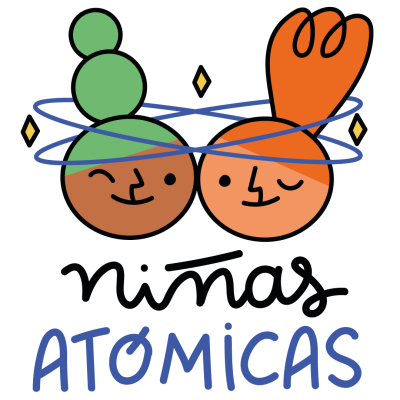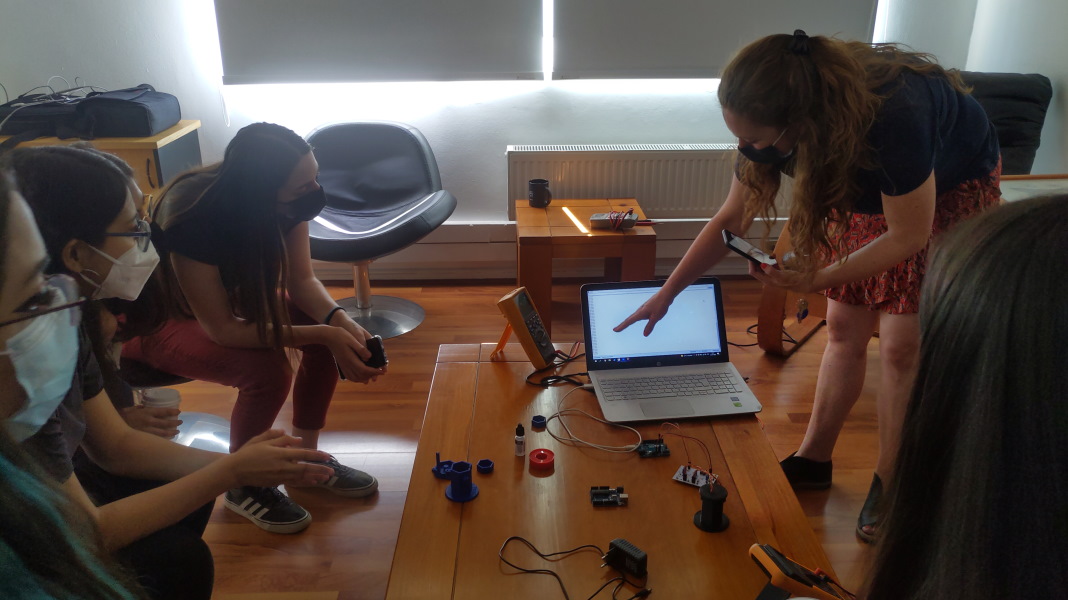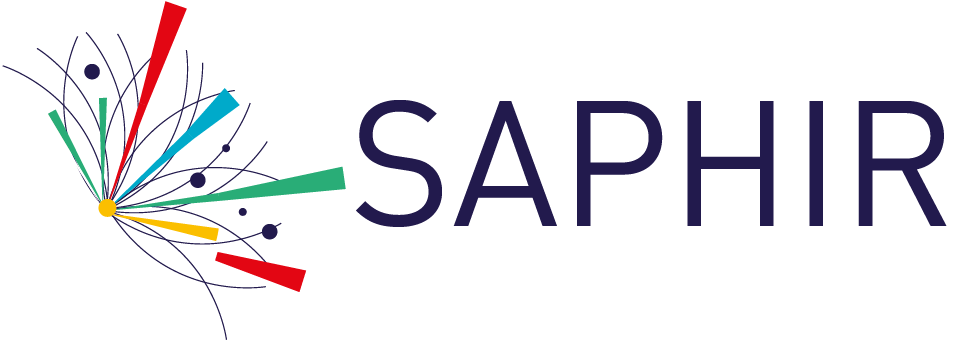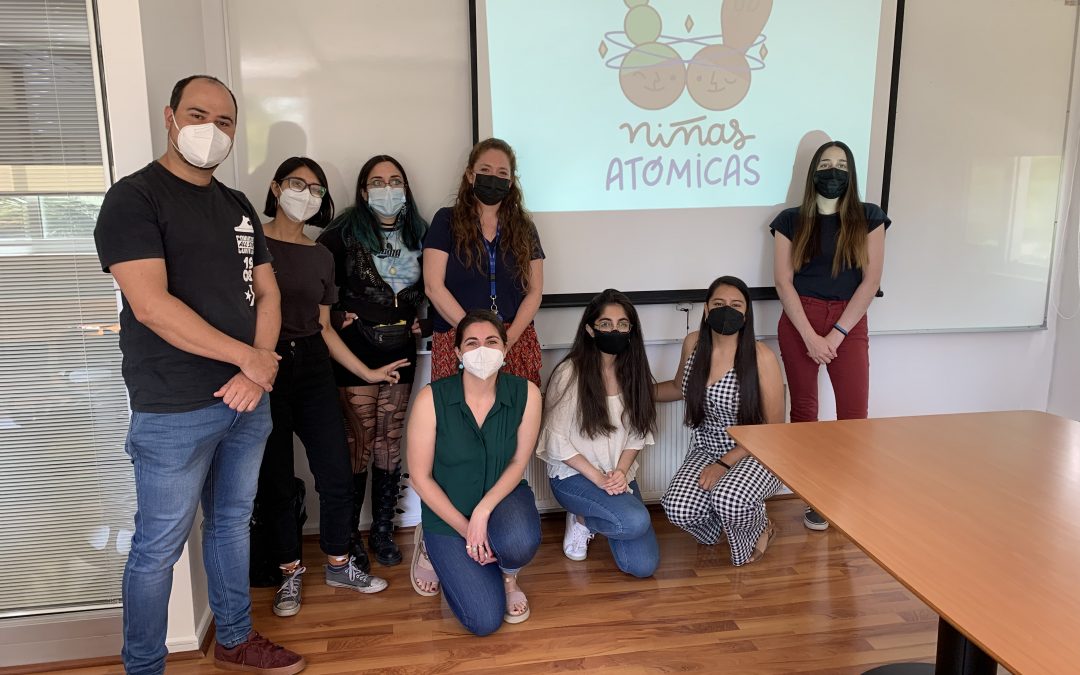
Five physics, astronomy and astrophysics students had their first training today to become tutors for female high school students who will learn to detect muons in their homes and schools. The "Atomic Girls" workshop seeks to provide transversal tools that will help girls in whatever career they decide to study... Although it would be wonderful if they chose a scientific career, say the scientists who lead this initiative.
The Physics Institute of the Pontificia Universidad Católica de Chile held today the first training of the tutors of the "Atomic Girls" workshop, which will be held during this year's winter vacations.
"Atomic Girls" is an initiative promoted by two Saphir Millennium Institute researchers, Francisca Garay (an academic at the Catholic University and alternate director of Saphir) and Giovanna Cottin (an academic at the Adolfo Ibáñez University and young researcher at Saphir), which seeks to teach computational tools and basic concepts about scientific work to middle school girls. Through the assembly and experimentation with a portable muon detector, the girls will have to make measurements on the incidence of muons on the surface, take notes of their findings and make a scientific report with these data. The final product of the workshop will be the aforementioned report - in which they will report the results of their experiments - as well as the muon detector itself and an arduino, which they will be able to reuse in their schools.
They are not the Powerpuff Girls: they are the Atomic Girls capturing muons in their homes. The fact that both the scientists organizing the workshop and the tutors are all women is no coincidence: it is something specially designed to show that science is not an exclusive field for men and that any of them could become a scientist. Logo credits: Maritza Piña.
The "Atomic Girls" workshop will address basic concepts of particle physics, electronics, programming and scientific method, everything necessary for them to assemble and operate the muon detector. The five tutors who will work in the workshop, Mariel Poduje, Melanie Martínez, Suyay Huichacura, Devika Mukhi and Laura Martínez (undergraduate students in physics, undergraduate students in astronomy and PhD students in astrophysics at Universidad Católica), will support the girls so that they can carry out their work in the best possible way.
During the training, the tutors received an introductory talk on particle physics, the objectives of the workshop and the work they will be doing. They also received practical training on the electronics of the muon detector by Roberto Pinto, an engineer from the Saphir Millennium Institute.
"Atomic Girls" is a workshop that seeks to encourage interest in science in schoolgirl students, but does not consider the fact that they decide to study physics as a success rate. According to Garay, what interests them is to provide tools that will be useful for any career they decide to study (programming and scientific method are transversal knowledge) and to give them an approach to real scientific work in a protected environment.
"If they decide to study something else, that's fine, but let it be because they decide to, not because of gender bias or because they don't know the real work in science. The idea is that the workshop will give girls interested in science the motivation they need to decide on a scientific career," says Garay.
"An important aspect of the critical thinking and skills I hope the girls develop in the workshop has to do with generating resilience in discovering the world. How do I proceed if the experiment failed me? What if the results are not what I expected? This resilience also translates into a scientific skill that I consider very useful in life. [I want this to be the workshop that I as a child, and perhaps all of us, would have liked to have had," says Cottin.
In addition, the muon detector to be used in the workshop is based on an original designby Renato Galleguillos,associateresearcherat Saphir and academic at Universidad Andrés Bello, making it a completely Chilean design.


